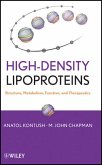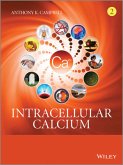Reductionism as a scientific methodology has been extraordinarily successful in biology. However, recent developments in molecular biology have shown that reductionism is seriously inadequate in dealing with the mind-boggling complexity of integrated biological systems. This title presents an appropriate balance between science and philosophy and covers traditional philosophical treatments of reductionism as well as the benefits and shortcomings of reductionism in particular areas of science. Discussing the issue of reductionism in the practice of medicine it takes into account the holistic and integrative aspects that require the context of the patient in his biological and psychological entirety. The emerging picture is that what first seems like hopeless disagreements turn out to be differences in emphasis. Although genes play an important role in biology, the focus on genetics and genomics has often been misleading. The consensus view leads to pluralism: both reductionst methods and a more integrative approach to biological complexity are required, depending on the questions that are asked. * An even balance of contributions from scientists and philosophers of science - representing a unique interchange between both communities interested in reductionism
Dieser Download kann aus rechtlichen Gründen nur mit Rechnungsadresse in A, B, BG, CY, CZ, D, DK, EW, E, FIN, F, GR, HR, H, IRL, I, LT, L, LR, M, NL, PL, P, R, S, SLO, SK ausgeliefert werden.









